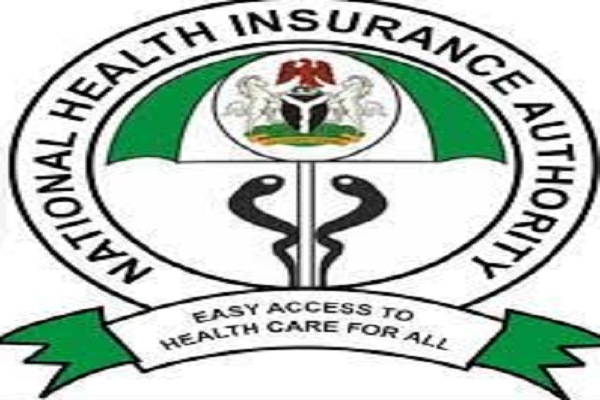By Iyemah David
The National Health Insurance Authority (NHIA) has provided comprehensive obstetric fistula care to 400 women across the country in a significant stride toward addressing maternal health challenges in Nigeria.
The Director-General of NHIA, Dr Kelechi Ohiri, disclosed this during a media engagement on Wednesday in Abuja.
The Federal Government recently launched a comprehensive obstetric fistula care, initially targeting the National Obstetric Fistula Centres in Katsina, Bauchi, Ebonyi and Edo states.
It was also expected to address a backlog of nearly 400,000 obstetric fistula cases.
The programme, implemented by NHIA, involved saving lives, reducing physical and financial burdens on women, and ensuring health for all Nigerians.
Dr Ohiri said that this initiative marked a critical intervention aimed at combating the devastating condition that affected thousands of women, particularly in rural areas.
“Obstetric fistula, a severe childbirth injury, often occurs due to prolonged and obstructed labour without timely medical intervention, leading to a tear between the birth canal and the bladder or rectum.
“This condition leaves women incontinent, socially isolated, and often unable to bear more children.
“Through the Basic Health Care Provision Fund (BHCPF) programme and with support from other health partners, the NHIA has made it possible for these women to access life-changing surgical repairs.
“They also access post-operative care, and psychological support. This intervention has restored dignity and improved the quality of life for those affected by this preventable condition,” he said.
According to him, government is committed to ensuring that no woman suffers the indignity of obstetric fistula due to a lack of access to quality healthcare services.
He said that the initiative was part of the broader goal to reduce maternal morbidity and mortality rates across Nigeria.
According to him, the programme did not only cover the cost of surgeries, but also included extensive rehabilitation services, ensuring that the women could reintegrate into their communities with confidence.
Ohiri said that the NHIA had launched awareness campaigns to educate women and families about the importance of timely and skilled medical care during childbirth.
Despite these successes, the director-general acknowledged that there was still much work to be done.
“Obstetric fistula remains a significant public health issue with thousands of new cases reported each year.
“To sustain progress, the NHIA is calling for increased funding, greater community engagement, and stronger partnerships with state governments and non-governmental organisations.
“As the NHIA continues to prioritise maternal health, this comprehensive care initiative serves as a beacon of hope for many women across Nigeria.
“It signals a brighter future where every woman can access the healthcare she needs,” he said.
He also disclosed that the NHIA had reported significant progress in the implementation of the BHCPF programme under its Gateway Initiative.
“Since the last Monitoring and Oversight Committee (MOC) meeting, the number of health facilities receiving disbursements from NHIA has increased from 7,800 in April 2024 to over 8,200.
“This marks a substantial improvement in healthcare delivery across the country.
“All 36 states, including the Federal Capital Territory, have now established their respective state social health insurance agencies, solidifying the framework necessary for broader health insurance coverage.
“The NHIA has successfully disbursed around N63 billion since the inception of the BHCPF in 2019; a testament to the ongoing efforts to enhance healthcare financing in Nigeria,” he said.
The director-general said that the programme had enrolled additional 160,000 citizens, bringing the total number of enrolled beneficiaries to 1.96 million.
“This expansion aims to ensure that more Nigerians have access to essential health services.
“The utilisation rate of insured citizens currently stands at 15 per cent, indicating room for improvement in awareness and service uptake.
“In particular, Akwa Ibom and Rivers states have made notable progress by accrediting facilities under the BHCPF programme, further expanding the reach of quality healthcare services,” he said.




